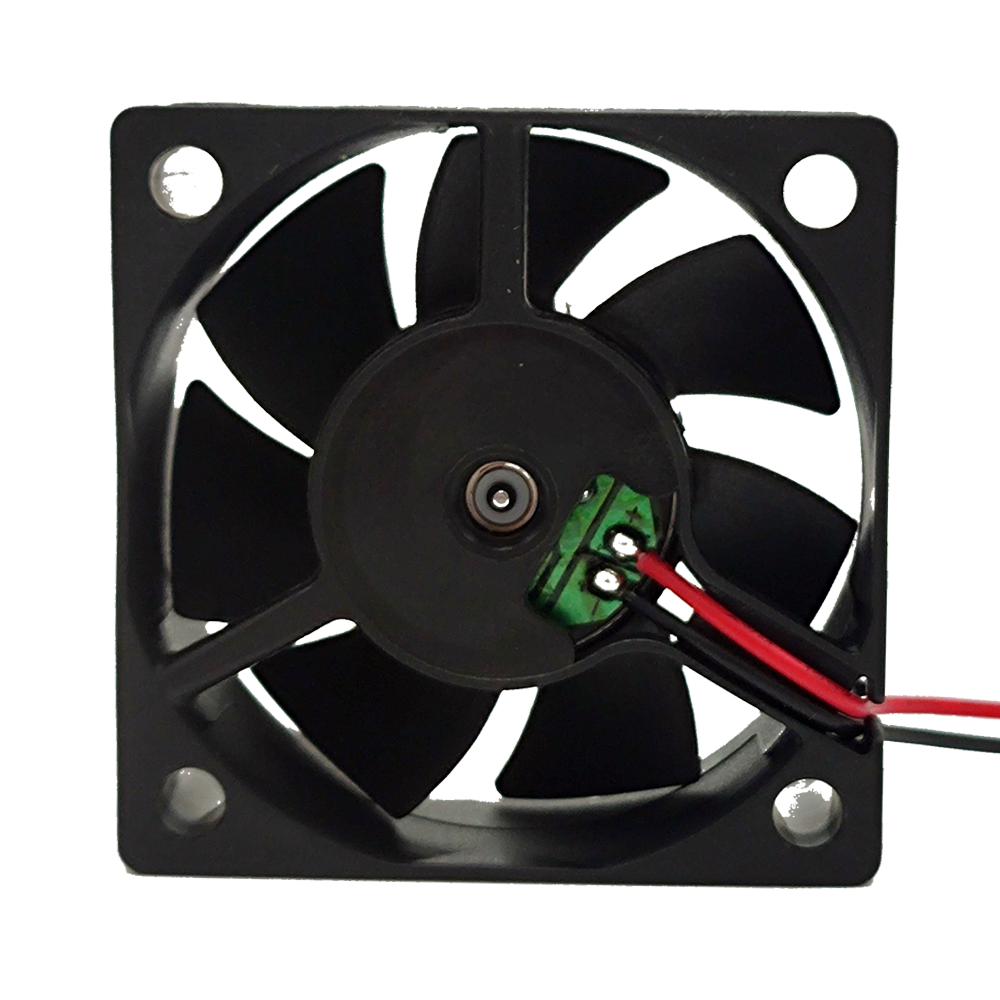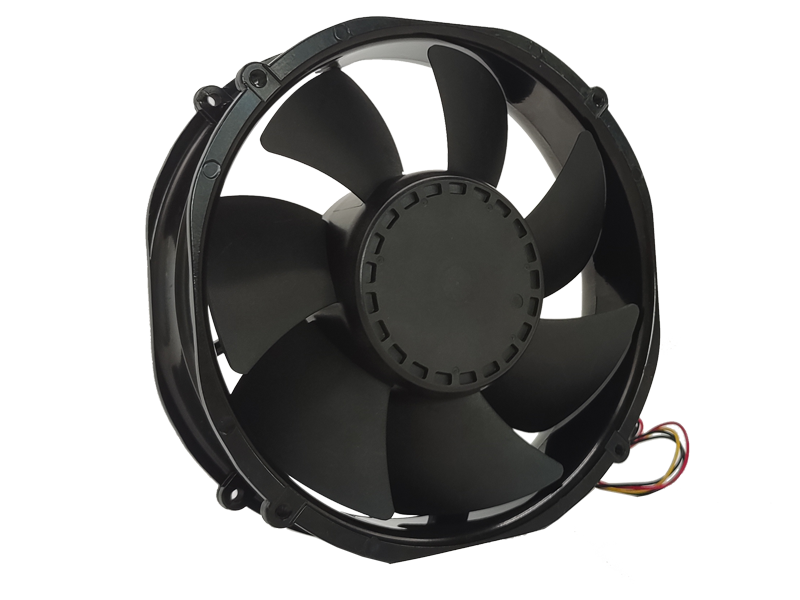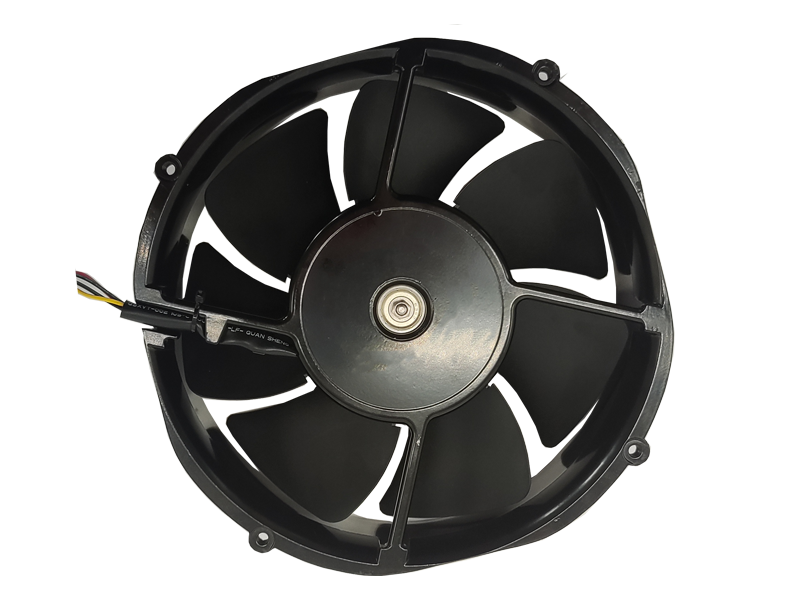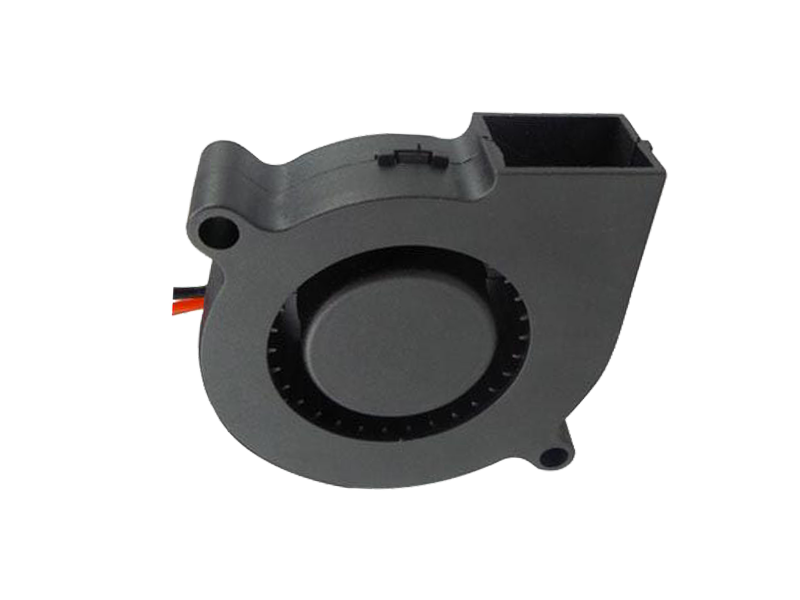In an industrial setting, cost-effective operations are often the result of a well-designed airflow system. Whether you’re in manufacturing, agriculture, or another industrial sector, optimizing the fan systems in your facility can provide long-term benefits. Industrial fans are critical to maintaining the ideal environment for machinery, employees, and products, but their selection, operation, and maintenance can be costly if not managed properly. In this article, we explore how industrial fans can be optimized for cost-effectiveness, focusing on reducing energy consumption, minimizing downtime, and extending equipment life.
1. Understanding the Cost Drivers in Industrial Fan Systems
Before diving into strategies for optimizing industrial fans, it’s important to understand the major cost factors associated with fan systems:
Energy Consumption: Fans consume significant amounts of energy, particularly in large industrial settings where airflow requirements are high. Energy-efficient fans can help cut costs, but inefficient systems often lead to wasted electricity and higher operational expenses.
Maintenance and Downtime: Fans that break down frequently or require high levels of maintenance can lead to costly downtime, which in turn affects overall productivity. Regular maintenance can minimize the risk of breakdowns, but improper fan selection or inadequate maintenance procedures can result in higher long-term costs.
Installation and Upfront Costs: The initial investment in an industrial fan system can be substantial. However, choosing the right type of fan, ensuring proper installation, and factoring in long-term energy savings can offset initial costs.
2. Energy Efficiency: The Key to Cost Savings
Energy efficiency is perhaps the most significant factor in optimizing industrial fans. In many industrial operations, the largest portion of operating costs is tied to energy consumption. Fortunately, there are several strategies to improve the energy efficiency of industrial fan systems:
Variable Speed Drives (VSD): By using variable speed drives, industrial fans can adjust their speed in response to changing airflow needs, leading to substantial energy savings. For example, a fan that operates at full speed all day long might be using more energy than necessary when demand is lower. VSDs allow for dynamic control of fan speed, optimizing energy consumption while maintaining adequate airflow.
High-Efficiency Motors: Modern industrial fans come equipped with high-efficiency motors that consume less energy and have a longer operational lifespan. These motors use advanced technologies to reduce friction, improve cooling, and minimize energy losses.
Advanced Fan Blade Designs: The design of the fan blades directly impacts the efficiency of airflow. Blades that are optimized for aerodynamic performance reduce resistance and allow the fan to move air more efficiently, lowering energy consumption.
3. Reducing Maintenance Costs through Proper Selection
Choosing the right fan for the application is critical to minimizing maintenance costs. Fans that are under- or over-powered for a specific task may experience increased wear and tear, leading to higher maintenance requirements and more frequent breakdowns. Here’s how to reduce maintenance costs:
Proper Sizing: Ensure that the selected fan matches the specific airflow and pressure requirements of the facility. Oversized fans will consume more energy than necessary, while undersized fans may struggle to perform effectively, leading to premature failure.
Durable Materials: Industrial fans that are built with high-quality materials such as stainless steel or heavy-duty composites are more resistant to wear and tear. Fans exposed to harsh conditions such as high temperatures, corrosive chemicals, or dusty environments should be made from corrosion-resistant materials to prolong their lifespan.

Routine Inspections and Cleaning: Regular maintenance, such as cleaning fan blades and checking for debris or damage, can prevent many issues before they cause expensive downtime. Scheduled inspections help identify potential problems early, ensuring that minor repairs are made before they become major issues.
4. Smart Controls and Monitoring Systems
The advent of IoT and smart technologies has made it easier than ever to optimize the performance of industrial fan systems. By integrating sensors and real-time monitoring into the fan system, companies can track performance metrics such as airflow, temperature, and energy usage. Smart systems can also alert maintenance personnel about potential issues before they cause a breakdown.
For example, a smart fan system can be programmed to adjust fan speeds based on real-time temperature readings or air quality levels, ensuring that fans operate at optimal efficiency. This proactive approach reduces the risk of energy waste and improves overall system performance.
5. Conclusion: A Holistic Approach to Industrial Fan Optimization
Optimizing industrial fan systems requires a multi-faceted approach that balances energy efficiency, durability, and maintenance. By selecting the right fan for the application, implementing smart control systems, and focusing on long-term durability, companies can significantly reduce operational costs while enhancing system performance.
Investing in energy-efficient technologies, regular maintenance schedules, and advanced monitoring systems will ensure that industrial fans provide consistent performance and long-lasting value. With proper optimization, businesses can achieve lower energy costs, fewer breakdowns, and improved overall productivity in their operations.
Recommended Products

The main purpose:Car charging station

The main purpose:Car charging station

The main purpose:Electronic refrigerators, water dispensers, direct drinking machines, inverter power supplies
Address:No. 4137, Longgang Avenue (Henggang Section), Henggang Community, Henggang Street, Longgang District, Shenzhen
hotline:13530005572(Chen)15112579390(Li)


Welcome all friends to come for consultation and negotiation.
Copyright 2024 @ Shenzhen Youneng Xinyuan Electronics Co., Ltd.,(industrial fans,industrial blowers,axial fans,cooling fans manufacturer,centrifugal fans,ac cooling fans,dc cooling fans)